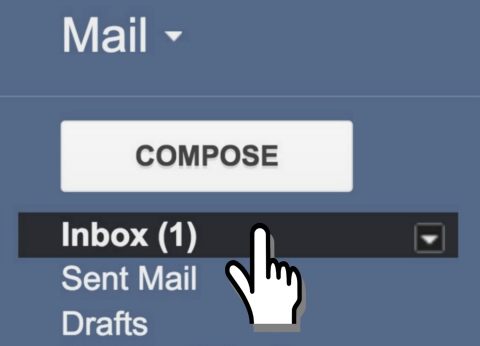Analysis: Did Matt Bevin's mass email to Kentucky teachers break the law?

By Chris Stewart
Last week Republican gubernatorial candidate Matt Bevin sent thousands of emails to Kentucky teachers, to their public school accounts, to tout his candidacy. Last Thursday, the Kentucky Democratic Party claimed that Bevin had violated Kentucky election laws by sending these emails. The emails discussed Mr. Bevin's positions on the controversial Kentucky Teacher's Retirement System, told teachers they would have a new source of income if Mr. Bevin is elected, and asked the teachers for their support on Election Day.
But was this illegal? The Kentucky Democratic Party alleges that Bevin's mass email violated several Kentucky election laws. The basic claim is this: Mr. Bevin illegally asked state employees for a contribution of money or services, or he engaged in “vote buying” by telling the teachers they would have a new source of income if they vote for him. In short, it appears that Bevin’s actions did not formally violate Kentucky election law.
First, by asking the teachers to support him by voting for him, the Kentucky Democratic Party alleges that Mr. Bevin violated KRS 121.150.
This statute prohibits candidates from soliciting "a contribution of money or services" from a public employee. However, the prohibition applies only when the candidate contacts people as a result of their jobs as public employees. In other words, if a person is a public employee and receives a brochure at home asking him or her to contribute money to a political candidate, there is no violation, so long as the brochure was sent out to the population in general and did not target public employees. Bevin's email certainly targets teachers. However, if Bevin did not also ask the teachers for a "contribution of money or services," he likely did not violate this law.
The next question, then, is whether asking individuals for their vote equals a request for a service. Just using the literal definition of the word “service” doesn't offer a clear answer. Some definitions concern employment, and others refer to simply providing some benefit. It is more helpful to look at the definition of the word in terms of Kentucky election law.
“Service” is excluded from the more common request for a campaign “contribution.” The Kentucky election laws define "contribution" exclusively in terms of exchanges involving concrete monetary values. As part of this definition, the law specifically excludes "services provided without compensation by individuals volunteering a portion or all of their time on behalf of a candidate." In other words, people can volunteer as much time as they want on behalf of a candidate without worrying about the formalities of campaign finance law. But voting is probably not a “service” like volunteering for a campaign, so a simple request for a vote would not seem to fall within the law’s prohibition of requesting a “service” from a public employee.
To recap, here is what we know so far: first, Bevin did contact state employees; second, he did not ask for a contribution; and third, if he had asked teachers to make phone calls, hand out leaflets, or engage in some other volunteer service for his campaign, he would have probably broken the law.
The Kentucky Democratic Party has also accused Mr. Bevin of violating Kentucky's vote buying statute. This law makes it a felony to offer an “expenditure to any person, either to vote or withhold his vote, or to vote for or against any candidate or public question.” The law’s broad language includes any kind of payment. The allegation is that Mr. Bevin's statement that teachers will have a new source of income from their pensions is enough to constitute vote buying. Yet it seems unlikely that the vote buying statute is intended to cover campaign promises. If this were true, the classic promise of "a chicken in every pot" would also constitute vote buying. Not only does this not seem to fit the statute, but it would very likely implicate free speech concerns.
Our analysis leads us to believe that, while Mr. Bevin's mass email could be on the edge of violating Kentucky election law, it likely did not actually cross the line. But, what does the public think? Does a request for a vote constitute a request for a service? Does a general promise of future income violate the vote buying law? Was Bevin wrong in using public teacher email addresses? We welcome your comments below.
